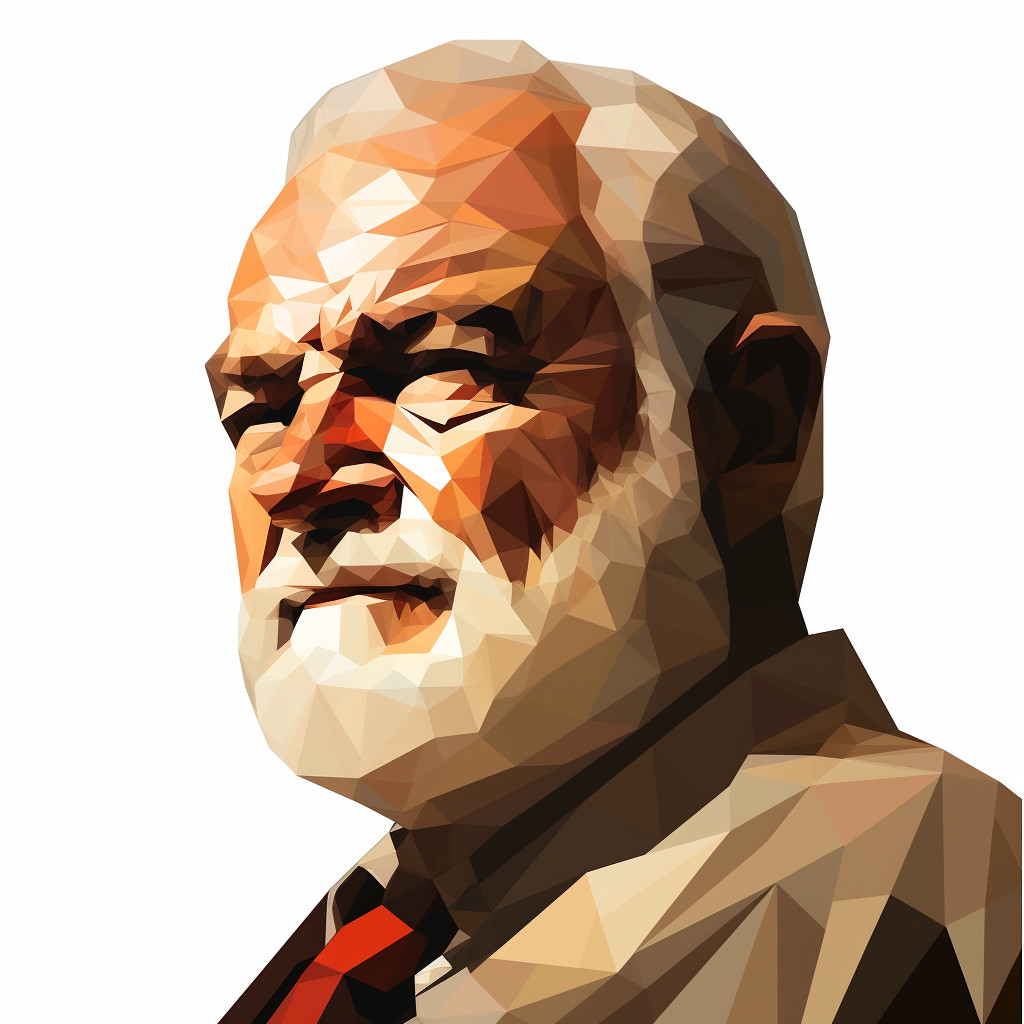This quote, “How did you go bankrupt?” ”Two ways. Gradually, then suddenly,” encapsulates the idea that downfall, whether it’s financial, personal, or professional, often doesn’t happen overnight. It’s a process that starts slowly, almost imperceptibly, before rapidly escalating to a point of no return.
On the surface, it refers to bankruptcy, which typically starts with small, seemingly manageable debts. Over time, these debts accumulate, and the interest compounds. Initially, the debtor may not even notice the growing liability because the changes are so gradual. However, there comes a tipping point where the debt becomes unmanageable, leading to sudden bankruptcy.
This concept can also be applied to other areas of life. For instance, in personal health, bad habits like poor diet, lack of exercise, or inadequate sleep may not show immediate adverse effects. However, over time, these habits can lead to serious health issues like obesity, heart disease, or diabetes. The damage occurs so gradually that we barely notice until it’s too late, and the health decline seems sudden.
In the context of personal development, this quote serves as a reminder that small, seemingly insignificant actions or decisions can have a significant cumulative effect over time. This can be positive or negative. For example, procrastination might seem harmless in the short term, but it can lead to stress, poor performance, and missed opportunities in the long run. On the other hand, small positive actions, like reading a few pages of a book every day, can lead to significant personal growth over time.
In today’s fast-paced world, this quote is a warning about the dangers of complacency and the importance of paying attention to small changes and decisions. Whether it’s in our personal lives, our health, or our finances, it’s crucial to remember that significant outcomes are often the result of many small actions accumulated over time.

















